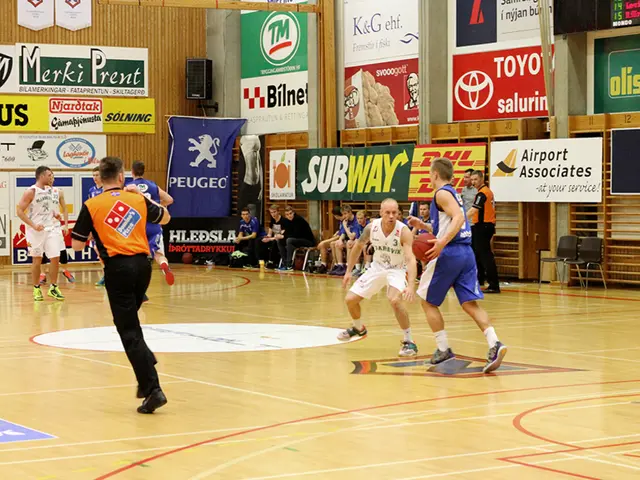Minister Schneider, Transport Minister, observes 100-day milestone; DVR commends initial measures taken by Minister for road safety enhancements
In a bid to enhance road safety in Germany, the Federal Minister of Transport, Patrick Schnieder, has taken several significant steps. One of the key initiatives is the focus on investment in transport infrastructure rehabilitation, prioritising structural maintenance over new construction.
Schnieder's ministry is also promoting autonomous driving technology as a tool to enhance safety and address driver shortages. This includes supporting pioneering projects on autonomous trucks, which incorporate redundant steering, braking, and power supply to ensure safety.
The minister places great emphasis on teamwork with experts and international partners to make infrastructure resilient and future-ready. Autonomous driving is seen as a major opportunity to improve logistics and public transport safety, especially in rural areas.
Concrete measures and initiatives undertaken by Schnieder include:
- Investing to end the rehabilitation backlog on roads and bridges, addressing dilapidated infrastructure to improve safety and reliability.
- Prioritising structural maintenance as a foundational element of modern transport policy rather than only focusing on new infrastructure projects.
- Promoting autonomous driving technology as a way to improve safety-critical systems in freight transport and logistics.
- International cooperation and knowledge exchange to learn and implement best practices for resilient infrastructure and to align with safety regulations.
The German Road Safety Council (DVR) has drawn up an interim balance sheet after 100 days of Patrick Schnieder as Federal Minister of Transport, though the exact details of this report are not publicly available. However, the measures cited broadly align with Schnieder’s agenda as presented around that period, including his first 100 days in office and related projects on autonomous vehicles and infrastructure modernization.
In addition to these measures, the DVR has also welcomed the initiated transport policy measures aimed at improving road safety. Stefan Grieger, Managing Director of DVR, has appealed to Minister Schnieder to prioritise road user safety more strongly in his transport policy agenda.
Another significant development is the desired further development of the National Cycling Plan 3.0 (NRVP), which underscores the federal government's commitment to making cycling safer and more attractive. The federal government, with the support of other federal ministries, will also support responsible actors on site in creating a cycling-friendly infrastructure.
Moreover, the DVR has welcomed the submission of the implementation laws for the Special Fund for Infrastructure and Climate Neutrality (SVIK) by Minister Schnieder. The DVR sees the SVIK as an important financial basis for improving traffic safety through structural measures.
The planned regulations in the eKFV that only allow the parking of e-scooters and bicycles on sidewalks if they do not pose a danger or obstruction to other road users are an important step towards more safety, especially for people with visual impairments.
Despite initial positive impulses, the DVR urges further and decisive steps due to the still high number of road fatalities. The resolution "Vision Zero - Our guideline for traffic safety" aims to achieve a vision of zero deaths and serious injuries in road traffic.
The federal government, under Minister Schnieder's leadership, is committed to making Germany's roads safer for all users. The above measures are key parts of Schnieder’s strategy to improve road safety outcomes in Germany.
Sports can be encouraged as a means to promote fitness and well-being among the general population, especially for those in rural areas where public transport might be limited. The minister, in his bid to make Germany's roads safer, could consider implementing cycling infrastructure that fosters a safe and attractive environment for cyclists, similar to the National Cycling Plan 3.0.





